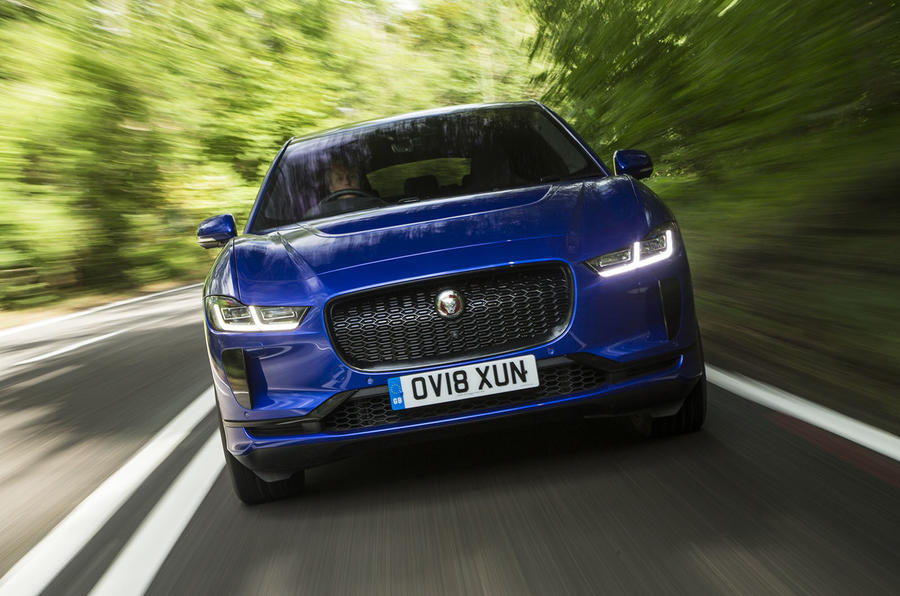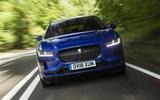Nineteen years ago, BMW’s ownership of the then Rover Group was about to hit the rocks. Into its fifth year, the Rover 75 saloon had just arrived in showrooms but, behind the scenes, BMW - then a much smaller company - was spending big on engineering the Range Rover 3, the all-new Mini and a new compact Rover model.
But a failure to secure government support for a total rebuild of Rover’s ancient Longbridge site (which saw complaints made to the EU) triggered a downward spiral.
It quickly became clear the Rover 75 wasn’t going to be a big enough success, engineering for the new Rover R30 compact model was well behind schedule and progress on the Mini and Range Rover 3 had also been stuttering.
Worse still, the old Rover Longbridge site was a dead end, partly because of incoming environmental restrictions on the paint shop, which would have capped production. Without state aid to re-develop it, Longbridge was of no medium-term use.
However, the realisation that the Rover Group had run up debts of £750 million in 1999 (£1.28 billion in today’s money) was the decisive factor. Trying simultaneously to reinvent the Rover, Range Rover and Mini brands was clearly far too ambitious for BMW’s bank account.
As a consequence, BMW broke up the Rover Group, selling it off in early 2000, with Ford taking over the valued Land Rover operation, where it joined Jaguar in Ford’s Premier Automotive Group.
It’s said BMW’s corporate love for the Land Rover brand was such that handing over the Range Rover 3 project from Munch to Ford caused grown men to weep. There again, Ford purchasing managers probably wept at the unit cost of each of the specially developed BMW engines needed for the Mk3 Rangie.
Despite the traumatic Rover Group break-up (it led the newspaper headlines for weeks), it’s easy to forget that BMW’s big - if frustrated - plans for the Rover Group left behind a significant industrial footprint in the UK.
The Hams Hall engine plant has been producing BMW four-cylinder engines since 2001, for both Mini and for export. The Oxford factory that produced the first Rover 75s was switched to making the BMW Mini. BMW built a new-generation Rolls-Royce plant in Goodwood and it also has a pressing plant in Swindon.










Join the debate
Add your comment
Great match!
Smart move..?
Well, it just might be, Bridgend.....?
Bridgend?
For what exactly? JLR & BMW have Wolverhampton(ICE and Battery tech) & Hamms Hall. Who, reallistically, wants another conventional engine plant when the current mood is against it?
Baby Jag
What JLR needs to do is tie up with BMW to use the new 1-series platform for its own small car. Jaguar needs volumes!
Yes, it seems much easier to
Yes, it seems much easier to imagine new Evoques etc based on an X1 rather than a Peugeot 3008.